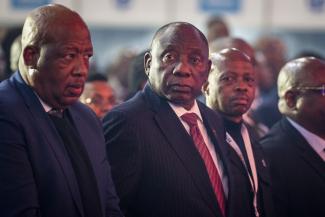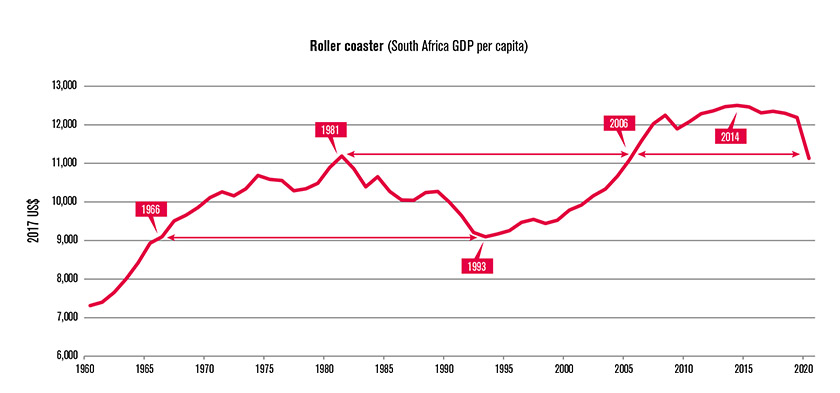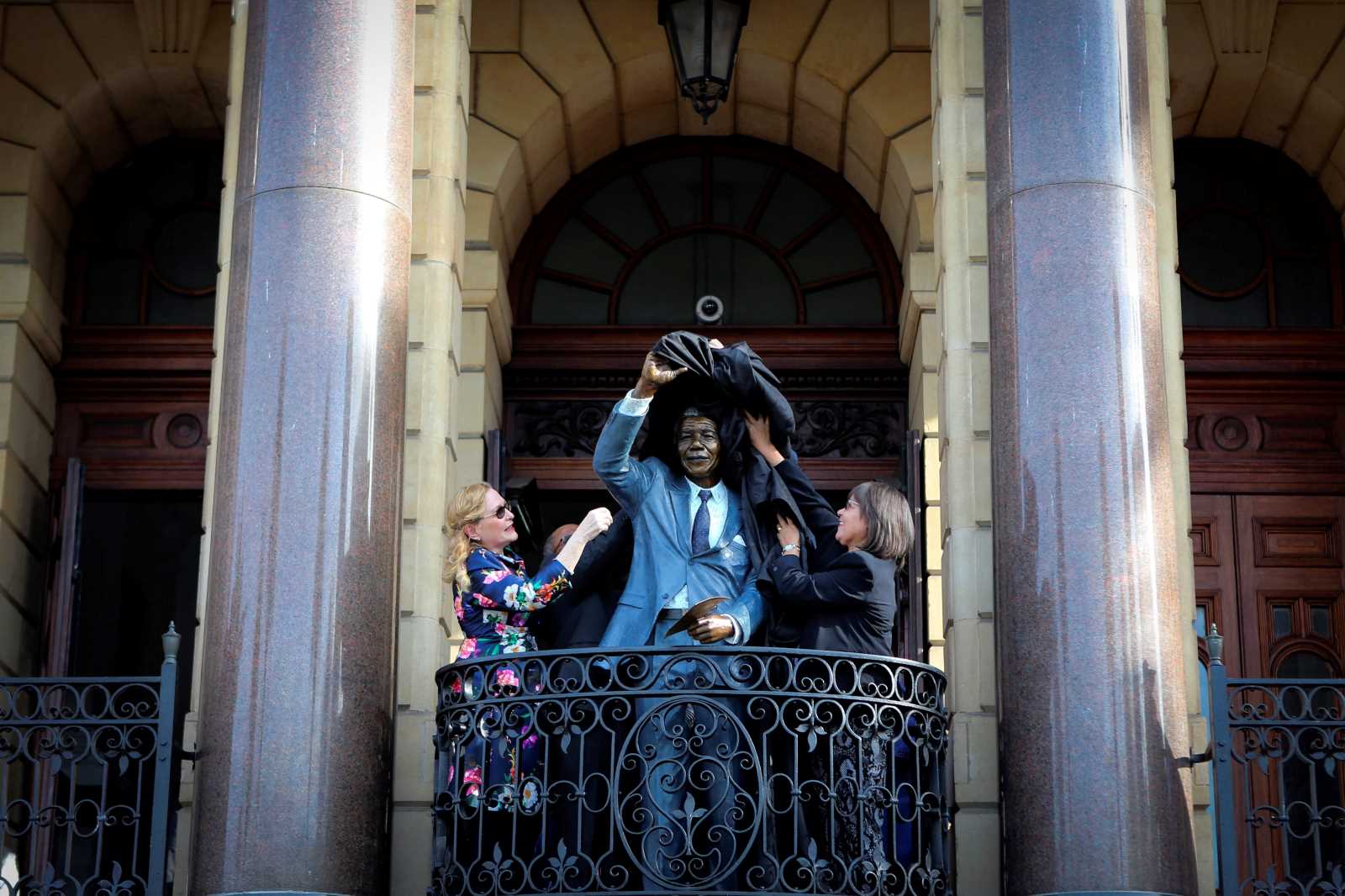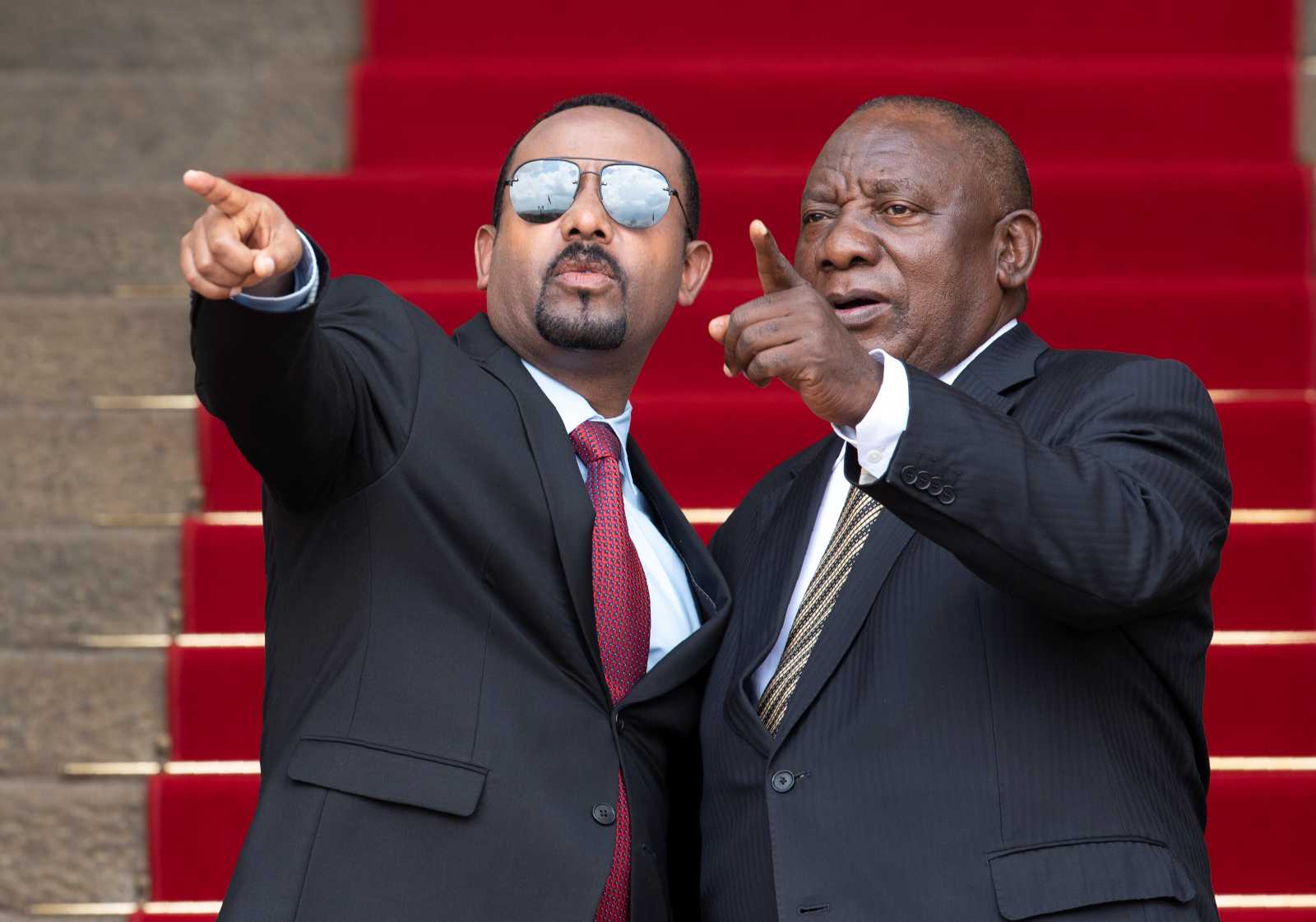Elections
How South Africa negotiated its new government

The ANC was in power for thirty years with an absolute majority. With Nelson Mandela at the helm, the party led the fight against apartheid. But in the latest set of elections, it received just 40.2 % of the vote – a 17.3 percentage points drop in support. The party now needs a coalition partner to govern.
The Economic Freedom Fighters (EFF) led by Julius Malema and uMkhonto weSizwe (the MK Party), founded six months ago by former ANC and South African president Jacob Zuma, are two populist parties that have already split from the ANC. They reject the idea of a government of national unity – which the ANC now sees as the best possible solution – due to the economic influence of the privileged white minority. Together, the two parties won around a quarter of the votes cast in the election – more than the 21.8 % claimed by the Democratic Alliance (DA), which is seen as the party of the white minority.
However, a “big tent” arrangement has been reached with the DA, paving the way for an ANC-led government with DA support. The deal also includes the Inkatha Freedom Party (IFP), a group with a strong Zulu base which came fifth in the election with 3.9 % of the vote. These have so far been joined by the national conservative anti-migration party Patriotic Alliance (PA) and the centre-left party “Good”. Commanding 273 of the 400 seats in parliament, these parties give the government a two-thirds majority.
An official “grand coalition” (ANC-DA-IFP) failed due to resistance within the ranks of the ANC and the DA. A minority ANC government tolerated by the DA (in exchange for parliamentary control by the DA) was also rejected. This left the option of a government of national unity, a formula similar to the transitional solution adopted after the end of apartheid. Prominent among those who helped craft that solution was current South African President Cyril Ramaphosa. At the core of the present deal is recognition of constitutional principles and the rule of law.
This still leaves considerable scope for the kind of policymaking favoured by Ramaphosa, who prefers negotiated agreement to snap decisions. Protection of constitutional principles and intact autonomy of the central bank (which MK, EFF and parts of the ANC would have liked to nationalise) along with stronger energy, water and transport infrastructures are conditions that were partly unacceptable to the EFF and wholly rejected by the MK but were enough of a shared platform for the DA.
Zuma versus Ramaphosa
But the devil is in the detail, and 2024 is not 1994. The ANC is divided into two opposing factions, personified by Ramaphosa and the still influential Zuma. It remains to be seen how much of an internal clean-up will be needed – including action on corruption – to make the party a reliable partner. It is also unclear how much potential for destabilisation MK can mobilise among the population. Zuma once declared that the ANC would rule until Jesus returns. Today, he takes an obstructionist stance, fuelled by hatred of Ramaphosa and a desire to eject him from office by any means necessary.
As required by South Africa’s Constitution, President Ramaphosa was elected within 14 days of the official election results being announced, at the first sitting of the new parliament on 14 June. The first step taken was to elect the speaker and deputy speaker of parliament from the ranks of the IFP and DA. This was a prerequisite for the governing triumvirate. A number of other smaller parties out of the total of 18 parties represented in parliament will also participate in the “national unity government” (MK Party MPs did not attend the swearing-in ceremony and inaugural session). Job assignments are now being negotiated. Ramaphosa needs to appoint the new cabinet, and the parties need to agree on their respective representation in parliamentary committees. This is where the extent of horse-trading will be revealed.
Stephen Grootes in the “Daily Maverick” praised the ANC’s stance as a gift to South Africa’s democracy. He wrote that acceptance of the humiliating election result normalised something that does not come easy to former liberation movements – relinquishing their exclusive grip on political power. Whether President Ramaphosa survives his term of office unscathed will depend partly on the ANC conference in 2027.
Henning Melber is an Associate at the Nordic Africa Institute in Uppsala, Sweden, and Extraordinary Professor at the University of Pretoria and the University of the Free State in Bloemfontein.
henning.melber@nai.uu.se











